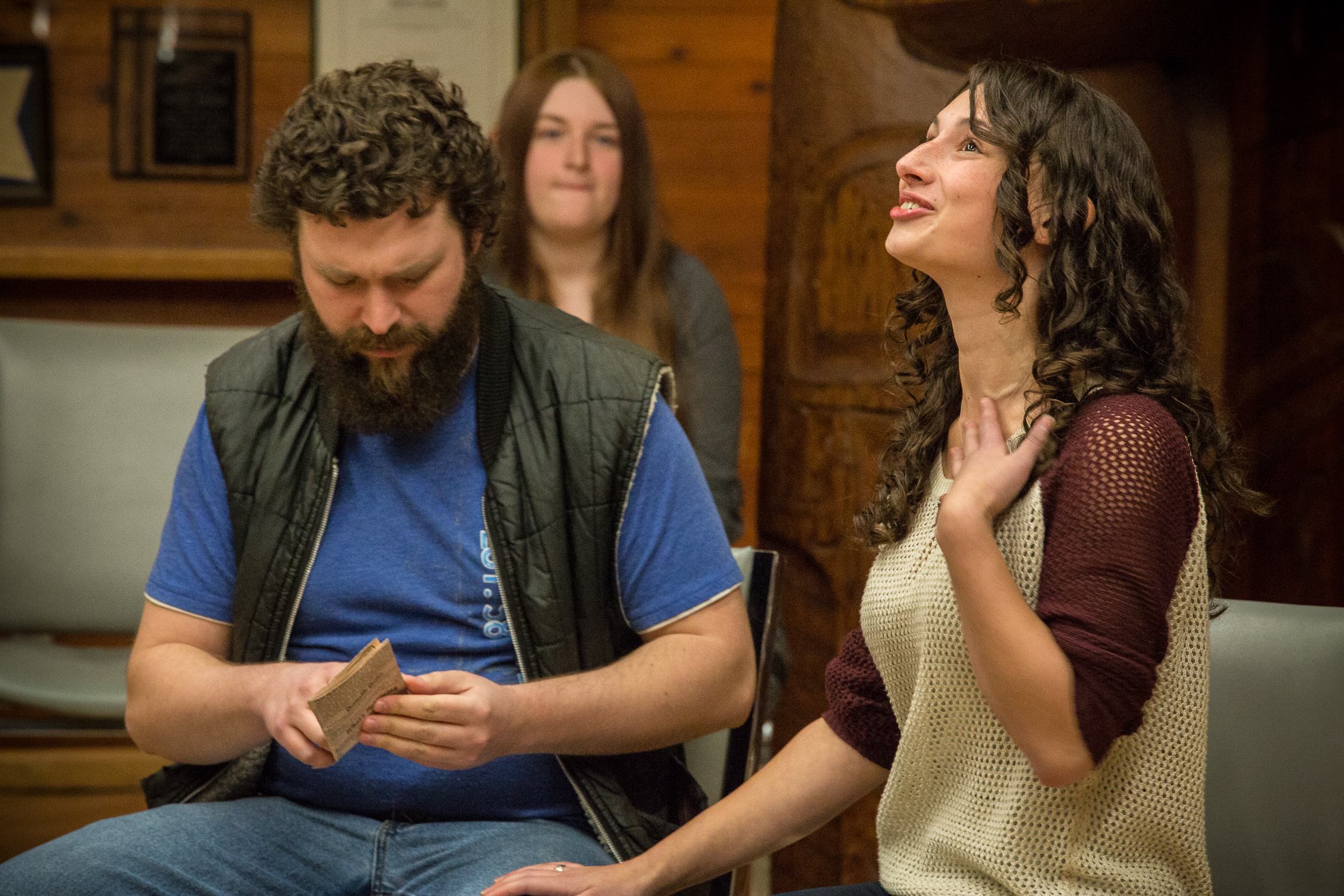I used to think that playing was just for kids, but I have recently seen how theatre-based interactive play can actually be a valuable tool for youth and adults alike in helping to understand each other and the world we live in.
Considering that I was diagnosed with a serious case of the sweats every time I was put under the spotlight as a teenager, it was probably confusing for my peers and family when I decided to join a musical theatre class at my high school.
Despite the fact that my sweat-inducing anxiety required me to constantly reapply my caked-on layers of stage makeup, being under the spotlight created an opportunity to play in a world of make-believe. I was a country bumpkin and a ditzy class president; I swapped genders and transformed into Russian rulers and New York City street gang members; I even became dancing dishware in an enchanted castle. On stage, you can be anyone in a world where everything is possible.
What if we could harness this creativity and sense of endless possibility to meaningfully engage, disrupt social norms and connect people across demographics?
This was the goal of a youth workshop and performance hosted by the BC Council for International Cooperation (BCCIC) and Andrew Burton’s Street Spirits Theatre Company, held on Saturday, January 18, 2014 at the Vancouver Aboriginal Friendship Centre, acting as a launch for International Development Week 2014.

Usually, an audience is expected to sit back and passively observe the activity on stage, but “We Are Making a Difference” and other events of the same nature change this with the aim to provoke thought using powerful performances and the active participation of the audience to provide insight into how we all play important roles in helping each other understand our world.
“We Are Making a Difference” used techniques originally elaborated by Augusto Boal in his “Theatre Of The Oppressed” paradigm, involving both volunteer actors and the audience in a collective display to reflect the impact of international development and its role in changing the lives of those it affects.

This kind of performance is characteristic of the youth-driven Street Spirits Theatre Company, which collaborated on the event. It is well-known for its powerful, lively presentations throughout British Columbia and Alberta on subjects such as bullying, teen suicide and crime awareness. Their catalogue of prepared plays illustrates how they engage the audience by placing them in somebody else’s shoes and asking them to understand another perspective. For instance, in their online description of the play “Some Girls,” the company asks the audience to “imagine a world, your world, revolving around avoiding a relative. Not just checking the hallway before you leave your room, but turning around on the street when you see his car in the driveway. What can you do? Tell someone? They’d think you seduced him — they wouldn’t believe you. You’re just a kid, and he’s a grown up. They wouldn’t believe you. Would they?”
Instead of simply playing make-believe, events like “We Are Making a Difference” and others put on by companies like the Street Spirits Theatre Company, carve out a purpose and intention for make-believe that can contribute to better understanding the struggles and situations of others.



